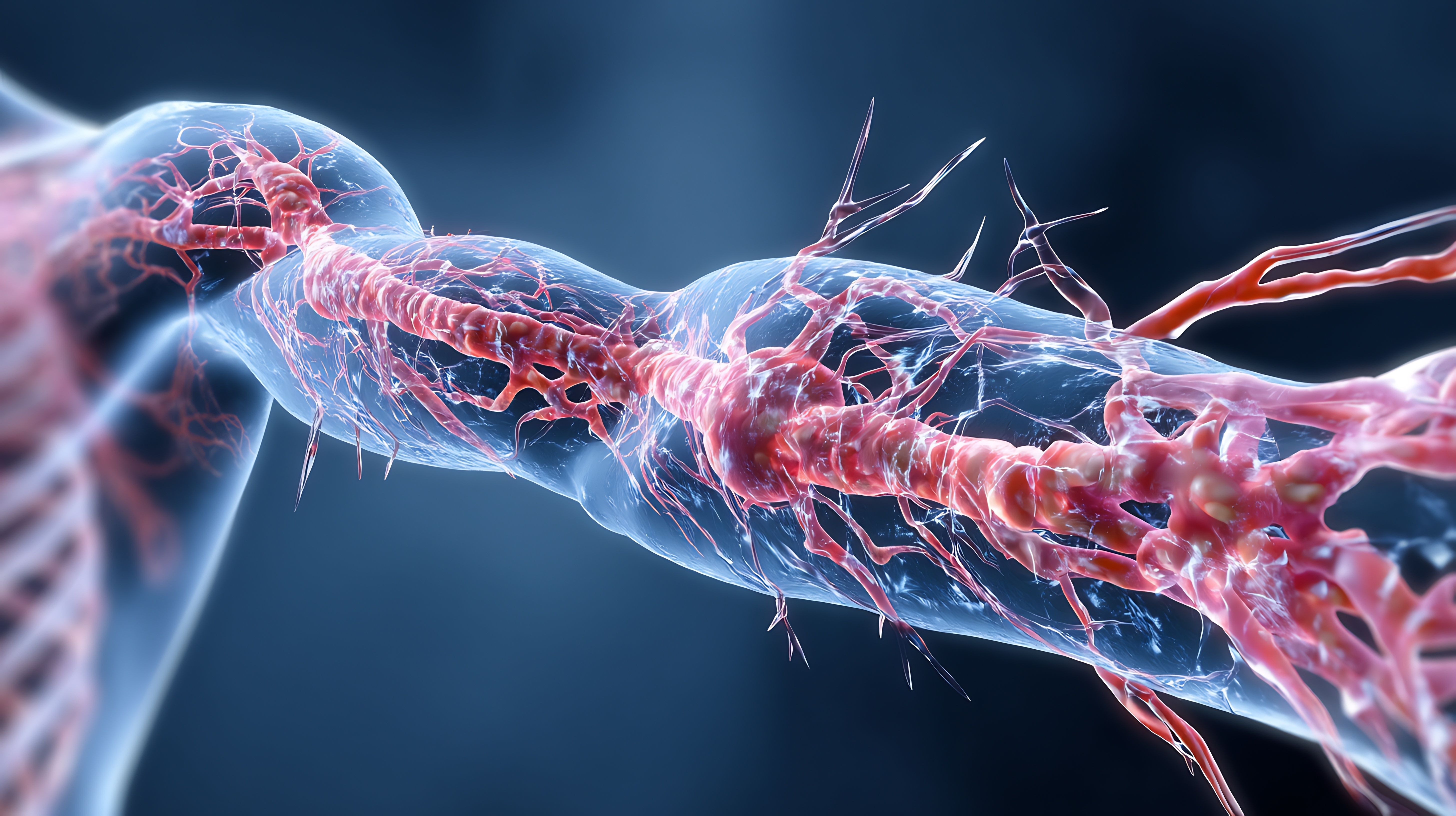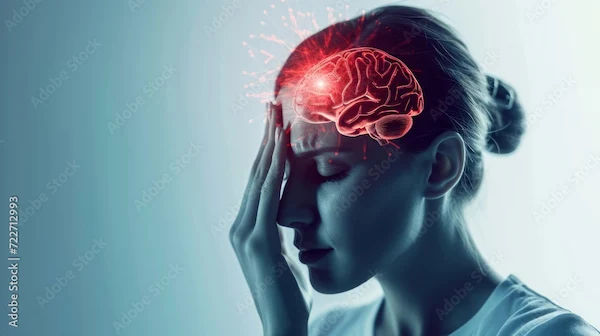- Male
- 38 Years
- 29/01/2025
I'm feeling this weird cold sensation at the back of my head. It happens mostly at night, and the only thing that seems to help is wearing a woollen cap while I sleep. Sometimes I feel it during the day too. I've tried putting cotton in my ears, which helps a bit but doesn't completely fix it. What could be causing this, and should I be worried?
Answered by 1 Apollo Doctors
consult your neurologist
Dr. Mubarak Suggests...
Consult a Neurologist
Answered 04/07/2025
0
0

More Neurology Health Queries
View allI'm really concerned because for the past few days I've been experiencing sudden dizziness and it feels like everything around me is falling or moving. What could be causing this? Should I be worried or is it something that will pass on its own?
Take nutrition. Increase water intake and measure blood pressure also
Answered by 1 Apollo Doctors
I'm really worried about my nephew. He had this strange popping sensation in his head and then got a super painful headache. We rushed him to urgent care, but they didn't do any tests and said he was okay. Should we be taking him to a hospital instead? Could this be something serious, or is it possible that it's nothing to worry about?
It would be advisable in this scenario to consult with a specialist and get a detailed evaluation.
Answered by 1 Apollo Doctors
I've been dealing with chronic pain in both my legs since 2009. It started in my left leg and has now moved to the right too. Both my heels and feet are constantly hurting, and I feel this pain day and night. There's also some weakness and warmth in my legs, and at times, I feel it in my upper limbs as well. I've also been experiencing hair loss on my scalp, beard, and stomach for the last year and a half. I'm really starting to worrywhat could be causing this, and what should I do?
It sounds like you may be experiencing symptoms of neuropathic pain and peripheral neuropathy. For the chronic pain in your legs, a medication like Gabapentin (brand name Neurontin) can be helpful. I recommend starting with a low dose of 300mg at night, and gradually increasing to 300mg three times a day as needed for pain relief. Additionally, for the symptoms of weakness and warmth in your legs, as well as any neuropathic pain in your upper limbs, a medication like Pregabalin (brand name Lyrica) can be beneficial. A starting dose of 75mg twice a day can be effective, with the option to increase to 150mg twice a day if needed. Hair loss in various parts of the body could be due to multiple factors, including nutritional deficiencies or hormonal imbalances. I recommend consulting with a dermatologist for a thorough evaluation and appropriate treatment options for your hair loss.
Answered by 1 Apollo Doctors
Disclaimer: Answers on Apollo 247 are not intended to replace your doctor advice. Always seek help of a professional doctor in case of an medical emergency or ailment.

_0.webp)



